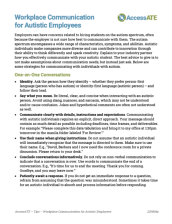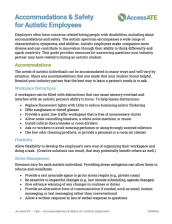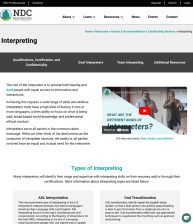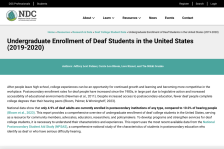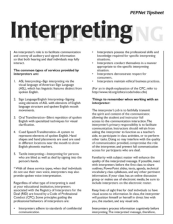
AccessATE is excited to announce the publication of four new case studies from our partner, CAST. Each of these studies reflects areas of high need where the integration of accessibility best practices and the principles Universal Design for Learning (UDL) have a substantial impact in the accessibility and inclusivity of all students. Learn more about the new case studies below.
A Multimodal Approach to Medical Terminology
One of UDL’s principles is providing multiple means of representation, and is the focus of this study. This principle helped students learn complex medical terminology in a health sciences course through the use of a multisensory approach that included American Sign Language (ASL). This multimodal approach led to those students scoring 10 points above the county average, and to gaining valuable communication skills that will better enable them to meet the needs of Deaf patients and families.
Accessible Lab Spaces and Experiences
Lab experiences can pose significant challenges to students with disabilities when they’re not designed with accessibility in mind. Dr. Amanda Rosenzweig at Delgado Community College utilized her extensive experience in...





